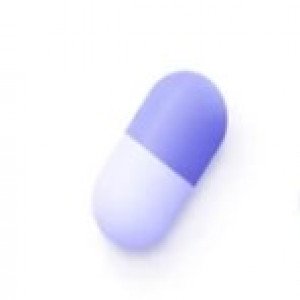 Welcome
Welcome
“May all be happy, may all be healed, may all be at peace and may no one ever suffer."
- A
- B
- C
- D
- E
- F
- G
- H
- I
- J
- K
- L
- M
- N
- O
- P
- Q
- R
- S
- T
- U
- V
- W
- X
- Y
- Z
Doxycycline Hydrochloride - Brands
Doxycycline is a highly active broad-spectrum antibiotic of tetracycline group. It is effective against a wide range of Gram-positive and Gram-negative bacteria, spirochete, mycoplasma, rickettsia and mycobacteria. Doxycycline is used as an alternate to penicillin in the treatment of gonorrhoea and syphilis. Doxycycline has its main mechanism of action on protein synthesis. Inside the bacterial cell, it inhibits protein synthesis.
Pharmacology
Doxycycline Hydrochloride is a semisynthetic tetracycline antibiotic with broad spectrum activity. It is primarily a bacteriostatic antibiotic. It has a similar spectrum of activity to other tetracyclines but in particular is more active against Staphylococcus aureus and Nocardia. The drug is often active against penicillin-resistant strains of Staphylococcus aureus and against strains of those organisms that are resistant to other Tetracyclines. Certain Gram-negative strains of E. coli, Proteus mirabilis and Klebsiella, which are often resistant to Tetracycline, may be sensitive to Doxycycline. In addition, 70-90% of the various anaerobes are sensitive to Doxycycline and Bacteroides fragilis is more likely to be sensitive to Doxycycline than to other tetracyclines.
Doxycycline is active against most strains of Haemophilus influenzaeand is particularly useful for infections with H. ducreyi, Actinomyces, Brucella and Vibrio cholerae. It is also active against Nocardia, Chlamydia, Mycoplasma and a wide range of Rickettsiae. Doxycycline is active against spirochetes such as Borellia recurrentis, Treponema pallidum and Treponema pertenue. It is also active against Plasmodium falciparum.
To be happy, beautiful, healthy, wealthy, hale and long-lived stay with DM3S.
